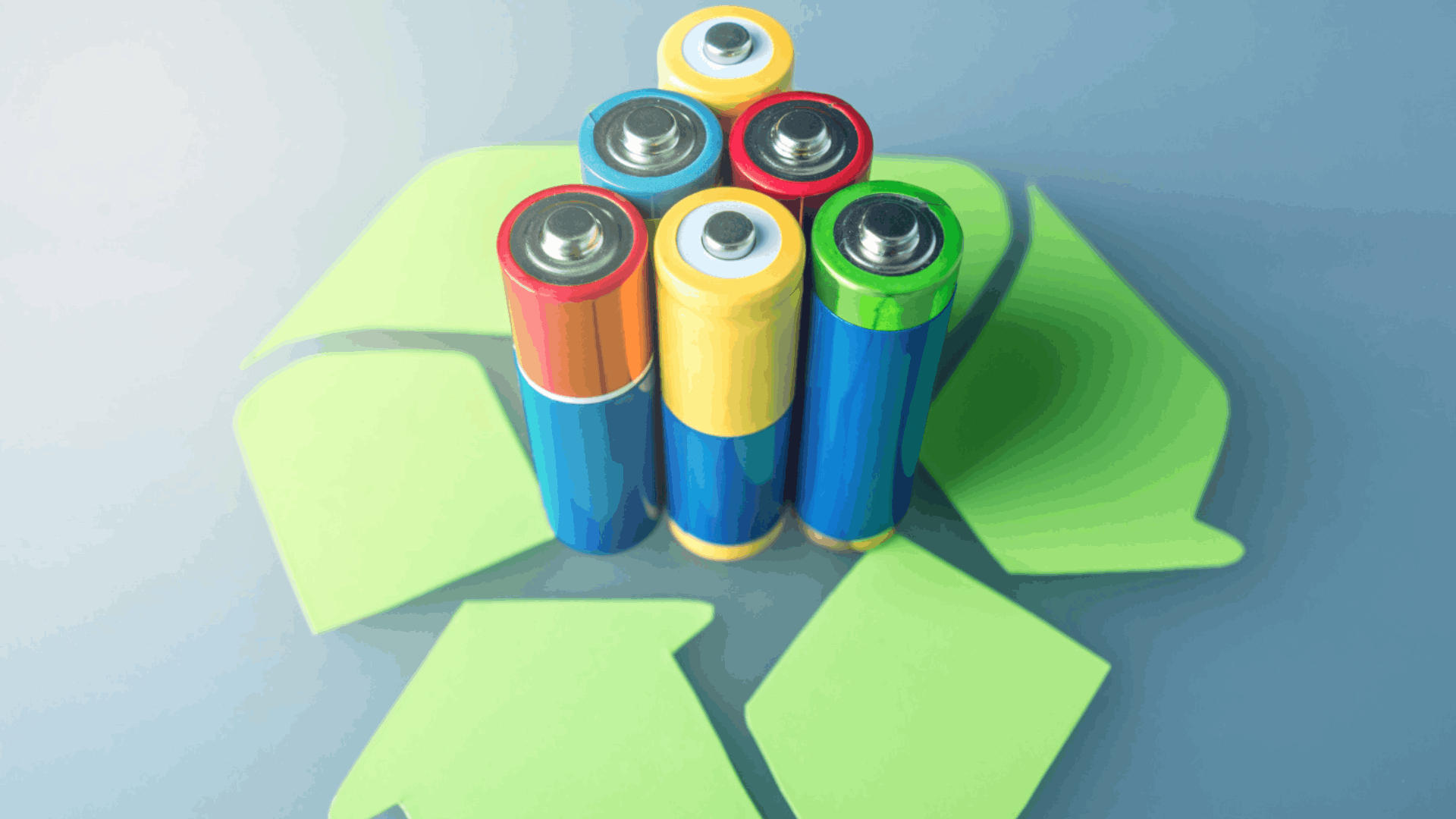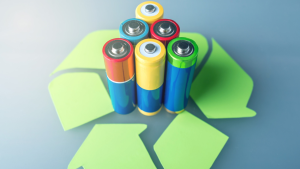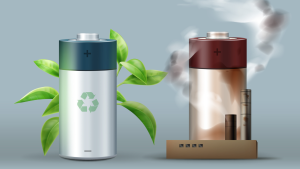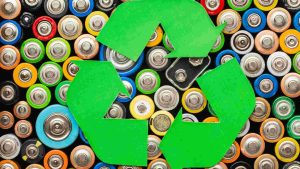![]()
Lithium-ion Battery Recycling Plant in India
In recent years, the rapid growth of electric vehicles (EVs) and the increasing use of renewable energy storage systems have led to a surge in the production of lithium-ion batteries. As these batteries reach the end of their life cycle, the question arises: can they be 100% recycled in lithium-ion battery recycling plants in India? Let’s delve into the complexities and possibilities surrounding lithium-ion battery recycling.
Current State of Lithium-Ion Battery Recycling in India
As of now, India is grappling with the challenge of efficiently recycling lithium-ion batteries. While the country has made significant strides in adopting electric vehicles and renewable energy technologies, the infrastructure for recycling these advanced batteries is still in its nascent stages.
Several lithium-ion battery recycling plants have emerged in India, aiming to address the environmental concerns associated with the improper disposal of batteries. However, achieving 100% recycling remains a formidable task due to the intricate composition of lithium-ion batteries.
Complexities in Lithium-Ion Battery Composition
Lithium-ion batteries consist of various components, including lithium cobalt oxide, lithium manganese oxide, lithium nickel cobalt manganese oxide, and other intricate combinations. The challenge lies in separating and recovering these materials efficiently.
One of the primary components, lithium, is relatively straightforward to recover. However, the cathode materials, which often contain valuable metals like cobalt and nickel, pose a greater challenge. The efficiency of the recycling process depends on the ability to extract these valuable metals without degradation, ensuring they can be reused in manufacturing new batteries.
Current Recycling Processes
The existing lithium-ion battery recycling processes involve mechanical and hydrometallurgical methods. Mechanical processes include shredding, crushing, and sorting to separate the battery components. Hydrometallurgical methods use chemical processes to dissolve and extract metals from the battery materials.
While these methods can recover a significant portion of the materials, achieving 100% recycling remains elusive. Challenges include the loss of materials during the recycling process, the need for advanced technologies, and the potential environmental impact of certain chemical processes.
Technological Advancements and Innovations
Researchers and engineers worldwide are actively exploring innovative approaches to improve lithium-ion battery recycling. Advanced sorting technologies, such as robotic systems and artificial intelligence, are being employed to enhance the efficiency of material separation.
Furthermore, scientists are developing novel recycling techniques, such as direct recycling and closed-loop processes, which aim to minimise material losses and energy consumption during the recycling of lithium-ion batteries. These advancements hold promise for achieving higher recycling rates and reducing the environmental footprint associated with battery production.
Policy Initiatives and Industry Collaboration
The success of achieving 100% recycling for lithium-ion batteries in India also hinges on supportive policies and collaboration between the government, industry stakeholders, and research institutions. Creating a conducive regulatory environment, incentivising recycling efforts, and investing in research and development are crucial steps toward establishing a robust recycling ecosystem.
Industry players, including battery manufacturers and EV companies, can contribute by incorporating designs that prioritise recyclability, making it easier to disassemble and extract valuable materials from used batteries.
The Road Ahead for Lithium-Ion Battery Recycling in India
While challenges persist, the prospect of achieving 100% recycling for lithium-ion batteries in India is not far-fetched. It requires a multi-faceted approach involving technological advancements, policy support, and collaborative efforts from all stakeholders.
Investments in research and development, coupled with a commitment to sustainable practices, can pave the way for a circular economy in the lithium-ion battery sector. As the need for renewable energy storage and electric vehicles continues to rise, addressing the recycling challenge becomes imperative for mitigating environmental impact and ensuring a sustainable energy future.
Conclusion
In conclusion, while the journey to 100% recycling of lithium-ion batteries in India may be complex, ongoing efforts, technological innovations, and collaborative initiatives provide hope for a greener and more sustainable future. As the nation continues to embrace clean energy solutions, a concerted focus on recycling will be vital to minimising the environmental footprint of this rapidly evolving technology.





